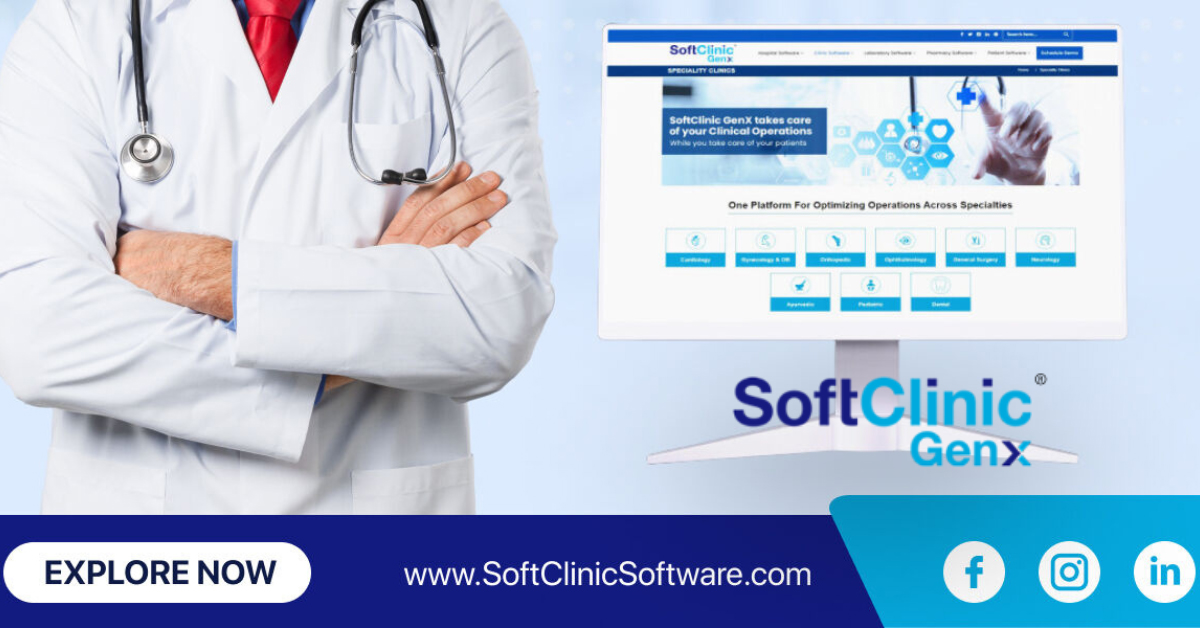Unlocking Efficiency in Healthcare: How Integrated Software Systems Are Paving the Way
September 22, 2025Imagine a hospital where patient records flow seamlessly between departments, where medical billing is executed with precision, and scheduling is handled with effortless ease. This scenario isn’t just a dream. It’s a reality with the rise of integrated healthcare systems like Hospital Management Software and Clinic Management Software offered by SoftClinic GenX.
The Core Components of an Integrated Healthcare System
Integrated healthcare systems are essential for modern medical practices. They encompass various modules such as:
- Electronic Health Records (EHR)
- Practice Management Software
- Appointment Scheduling
- Out-Patient and In-Patient Management
- Lab and Pharmacy Integration
- Medical Billing and Revenue Management
Each component works together to create a streamlined experience, significantly enhancing patient care and operational efficiency.
Real-Life Impacts: A Case Study
A regional hospital recently transitioned to SoftClinic GenX’s hospital management software, incorporating features like EMR (Electronic Medical Records) and HIS (Hospital Information System). The results were transformative:
- 30% faster patient processing times due to efficient appointment scheduling and patient records management.
- Improved accuracy in medical billing and claims management, increasing revenue by 20%.
- Enhanced reporting & analytics, enabling better decision-making.
This case study highlights the tangible benefits of integrating robust software solutions in healthcare settings.
The Future of Healthcare: Trends and Predictions
As technology evolves, so does the landscape of healthcare IT. Trends suggest a continued move towards fully integrated systems, with a focus on interoperability and user-friendly interfaces. Future developments in AI and machine learning are expected to further revolutionize patient care and hospital management. According to WHO, adopting comprehensive IT solutions in healthcare is crucial for improving global health outcomes.
FAQs
What is the difference between EHR and EMR?
EHR (Electronic Health Records) encompass a broader scope, allowing records to be shared across different healthcare settings. EMR (Electronic Medical Records) are more limited and are generally confined to a single practice’s records.
How does Practice Management Software improve clinic operations?
It streamlines various administrative and billing tasks, improves scheduling and registration processes, and enhances overall efficiency and patient satisfaction.
Can integrated systems help with healthcare compliance?
Yes, integrated systems ensure that all aspects of patient care and administrative procedures comply with healthcare regulations, significantly reducing the risk of violations.
